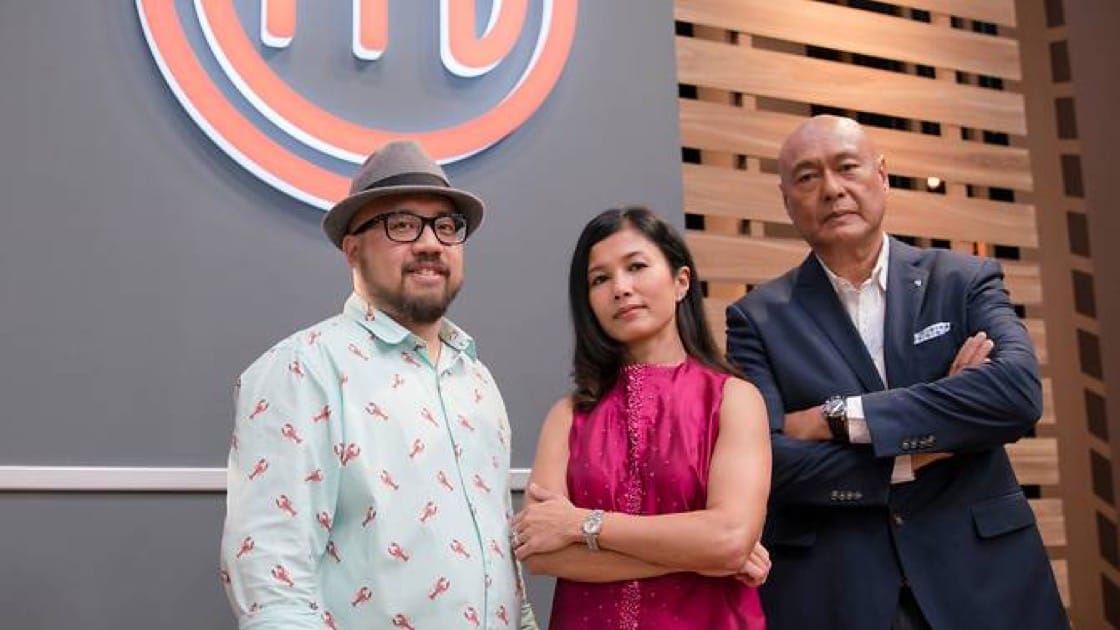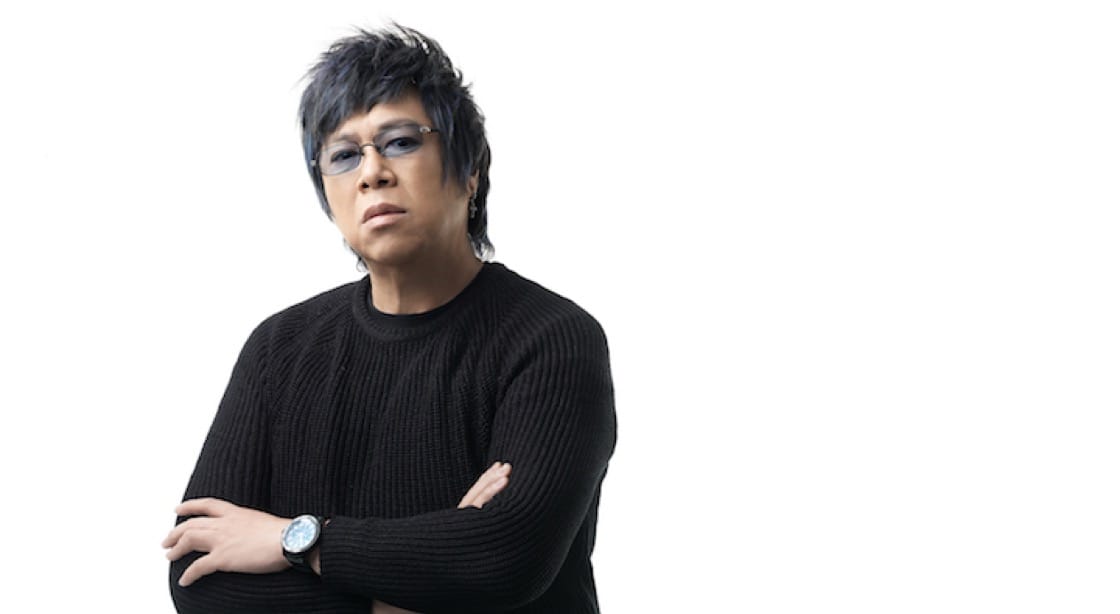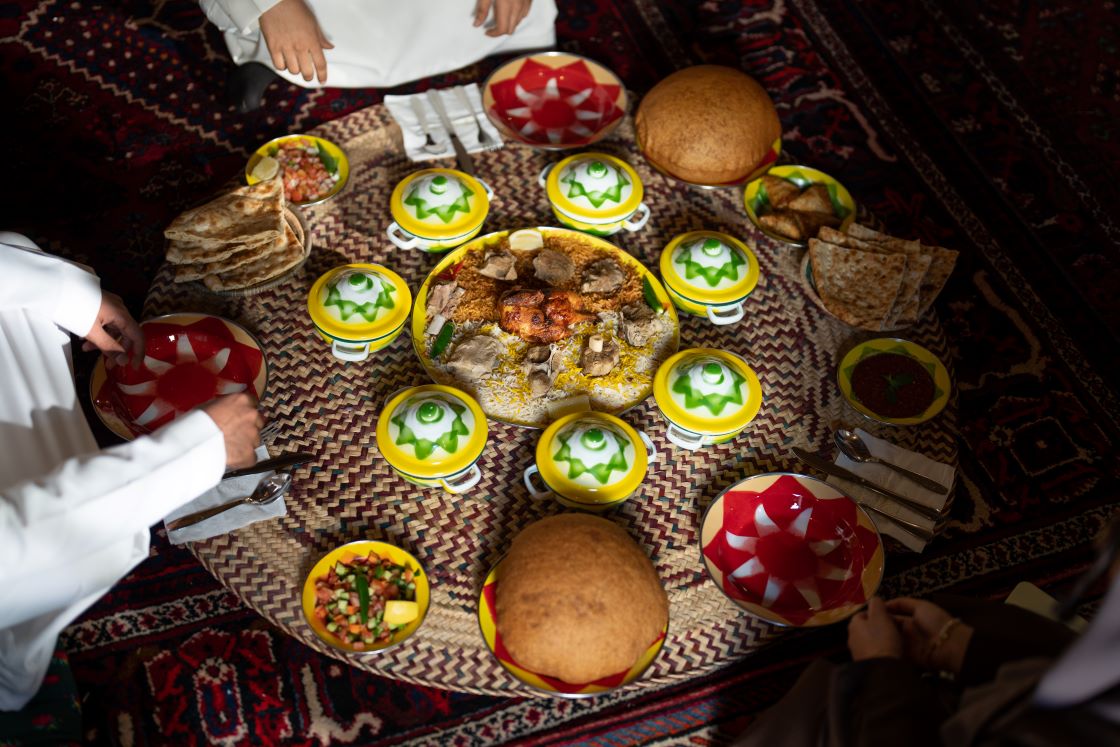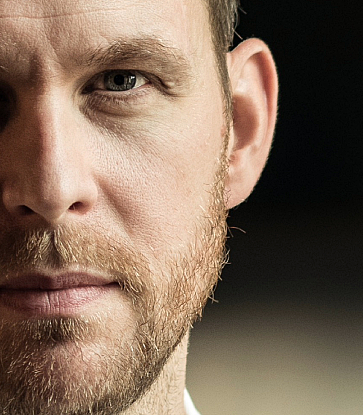It wasn’t too long ago that these names and cooking terms would have been recognisable only to a small, elite group of diners.
“When I first started out as an apprentice at 16, it was only because I loved to cook, not because I wanted to emulate anybody. At that time, nobody knew of chefs by name. You only knew them if you were in the business,” says chef Manuel Berganza.
The Spaniard represents Singapore on The Final Table, Netflix’s latest entry into the cooking competition genre. But he is no home cook. Berganza’s list of culinary accolades include leading restaurants like Sergi Arola Gastro and New York’s Andanada 141 to Michelin star status. Today, he is based in Singapore where he runs several outlets of his casual concept Tapas Club in Singapore, Indonesia and Malaysia.

Rather than simply being pure entertainment keeping us glued to our TVs at primetime, cookery shows like MasterChef and The Final Table are making food culture more accessible to the wider audience, increasing awareness and appreciation for the culinary world.
Not only do TV cooking competitions serve to discover culinary talents, they’ve no doubt played a big role in creating a generation of more sophisticated cooks and diners.

Attracting Talent To A Tough Industry
The proliferation of TV cooking competitions has surely been a very successful PR exercise for the notoriously tough restaurant industry. “It’s passion-driven work in a stressful environment with long hours,” says Berganza. “At the end of the meal, the guest might tell me the food was good, but nobody tells it to the team in the kitchen. These shows help give a little bit of recognition to the profession.”
With his signature blue-tinted glasses and straight-talking manner, demon chef Alvin Leung is one of TV’s loudest personalities. On top of running three-Michelin-starred Bo Innovation and his empire of restaurants across the globe, Leung is also a familiar face on food and travel programmes as well as on the panel of judges on MasterChef Canada. He distinctly remembers a time when becoming a chef was a considered a blue-collar job. “I started relatively late in life, I had a career in engineering, I had a business. I don’t think my very traditional Chinese parents were very happy that I wanted to become a cook, or even a chef. But these days, people are not going to get as much resistance from their parents.”

While populist shows like MasterChef offer a rosy view of the food industry as one that is aspirational and desirable, they also tend to gloss over some of its harsher realities.
In Singapore, Damian D’Silva cuts an imposing figure with his stature and swarthy complexion. The rebel chef, as he is known, is a judge on MasterChef Singapore and the executive chef of heritage restaurant Folklore, where he eschews modern conveniences and shortcuts for authentic and painstakingly cooked Eurasian-Peranakan cuisine. “I think MasterChef gives a little opening on what to expect in the kitchen. But it’s just a glimpse, only skimming the surface, on what it takes to become a chef — things like understanding time constraints and making use of limited resources. However, it doesn’t give them the perspective on working 36 to 48 hours preparing dishes and the dynamics of a kitchen team.”
Creating A Vibrant F&B Ecosystem
Making the leap from amateur cook to professional chef is MasterChef Asia winner Woo Wai Leong who went on to do events and private dining before setting up Restaurant Ibid in Singapore. “The transition has, quite frankly, been difficult. Having to change the way I think of cooking and preparing for a dinner service for a private dinner to that of a full-service restaurant and to think of myself more as a leader of a team rather than a member of one. In some of my darker and quieter moments, I've thought that perhaps I had bitten of more than I could chew,” he says. “I am still learning every day, but I cannot discount that if not for MasterChef Asia, I would not be where I am so quick. It truly was the catalyst for where I am today.”

Breaking Down Barriers Between The Kitchen And Dining Room
With diners becoming more well-versed in food and restaurant culture from mainstream media, more are interested in the theatre of how dishes are prepared. It is not a stretch to attribute the trend of open kitchens and chef’s tables in restaurants to this curiosity generated by culinary television and the rise of the celebrity chef.
“The dining scene has become an experience, a show. More restaurants have open kitchens to generate more interaction between the chefs, the kitchen and their diners,” says Leung, who was recently in Singapore for the launch of 15 Stamford By Alvin Leung, which boasts a state-of-the-art open kitchen spanning the entire length of his restaurant. “In the old days, you cooked in a blind kitchen and you didn’t see what was going on outside. You don’t see the smiles on people’s faces or see them appreciating your food. Now with open kitchens, chefs see all that and it’s motivating. It’s not about making minimum wage — which is still what most chefs are making — it’s really having people appreciate what you do.”
The demon chef has a final admonition: “The biggest problem nowadays is a lot of chefs are thinking about TV first before they think of cooking. You need to get your priorities right, otherwise it’s going to be a short-lived fame. TV has had a major impact on the dining scene. It’s good for dining, it’s good for chefs. Everybody’s dream nowadays is to have Michelin stars and a TV show,” says Leung candidly. “But I think, at the end of the day, they have to remember cooking is the beginning and the end. Everything else in between — the accolades and the fame — is all just icing on the cake.”





















